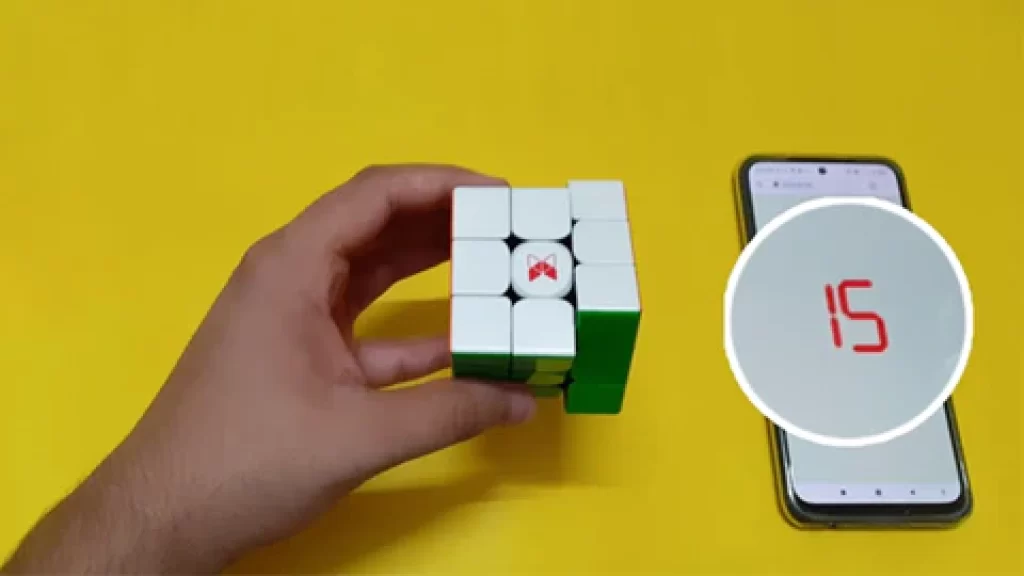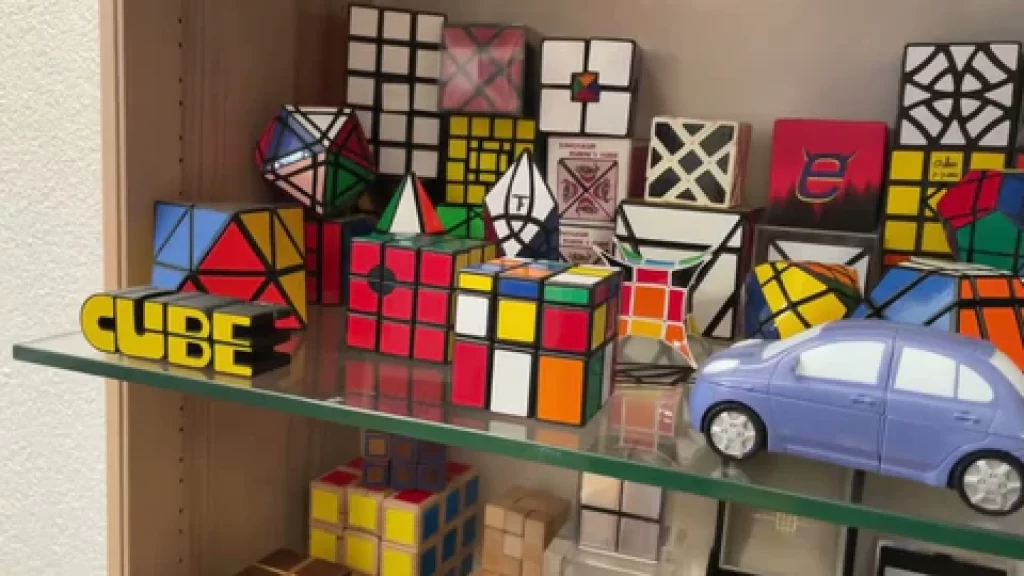Introduction
Practice is the most crucial step to improving at anything. But if you don’t practice correctly, what good is it? If you are not moving in the direction of your target, sprinting quickly serves no purpose. For your benefit, I’ve listed several common blunders that cubers make when practicing, whether it be with a 3×3, 4×4, or any other puzzle. These are some typical errors, and I’ll also cover how to address them and modify your strategy. Now let’s get ready!
Practicing without Purpose
Practicing without a purpose is the biggest error that practically every cuber commits along the way. Simply being comfortable, taking up the cube, and beginning a solving session without considering how to get better. Time is being wasted on this.
Make sure you have your goals in mind before beginning your solves. When solving a 3×3, you might need to adjust your cross or consider the future. Instead of mechanically solving the cube, make sure you actively endeavor to improve in those areas. The same is true for other riddles. Make sure you are cognizant of the areas where you need to improve and put your attention there. Your development is hampered by mindless solving, but if you just apply this one approach, you’ll see tremendous results that will inspire you to continue cubing in the long run.
Not using the Entire Inspection Time

The most common error that cubers make is this one. Use all 15 seconds of your inspection time wisely, and attempt to plan as much as you can. It is really unnecessary to waste your important inspection time, and many cubers find themselves in some sort of catch-22 situation as a result of not making full use of their inspection time. Plan the full cross for 3×3 and, if you have additional inspection time, try going even further. Try designing the opposing centers in 4×4 for additional cubes, one center in 5×5, etc.
Never drilling Algorithms
Whatever new algorithms you learn should always be practiced until they become ingrained in your muscle memory. Be sure you drill the greatest algorithms and fingertip tricks that are available. There are several manuals for this specific topic, but if you want to master the greatest algorithms and finger tricks, I’d suggest watching some of Feliks Zemdegs’ videos from CubeSkills. Due to the lack of experience, learning new algorithms and only employing them during solutions leads to subpar executions.
Not taking breaks
Putting in a lot of practice is beneficial, but everything should have a limit. Avoiding pauses before competitions and practicing all hours of the day and night might cause burnout and impair performance rather than improve it. Breaks should be incorporated into your cubing sessions to give your fingers and eyes a rest so that you can return to the activity reenergized and full of vigor. To progress more quickly, eat your meals, get adequate water, and practice with all of your energy.
Practicing just One Event

It’s wonderful to have your major event! Yet, if you don’t practice other puzzles, it’s likely that you will grow bored with your major event. So, it is highly advised to tackle puzzles like 4×4 or pyraminx if your main event is 3×3. Other events you practice can help your main event as well. Also, if you only practice one event, there’s a good probability that you’ll give up cubing altogether. Even though it’s nice to get better in your main event, if you only play that one event, you’ll eventually grow tired of cubing.
Never really trying to Look Ahead
Seeing ahead is one of the most crucial components of the solve for intermediate to advanced cubers. It is essential to constantly be growing in your look ahead if you truly want to boost your solves and obtain superior times. Many cubers simply sit down to practice without paying attention to one of the most crucial aspects of practicing! Constantly be aware of your forward gaze, solve problems slowly, use more examination, etc. Instead of allowing your habit take over, take the necessary steps to get better at looking ahead and genuinely paying attention to the components.
Listening to Music while Solving

This is a complex subject. It’s a wonderful idea to listen to music while cubing if you’re doing it for fun and not with the intention of getting better. But, if you’re doing a real practice session with the goal of improving, I would advise against listening to music and attempting to as closely resemble a competition as you can. Use earplugs if outside noise is upsetting.
Music does have a slight attention-grabbing effect, making it challenging to concentrate on the areas of your problem that require improvement. Avoid listening to music during focused practice sessions because improving takes your whole focus and attention.


